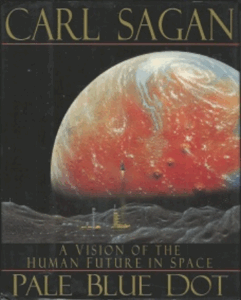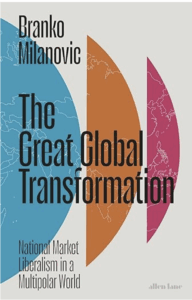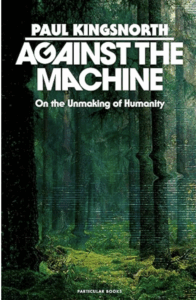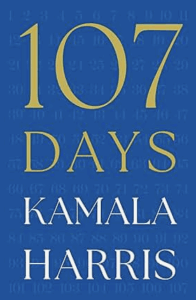Picture
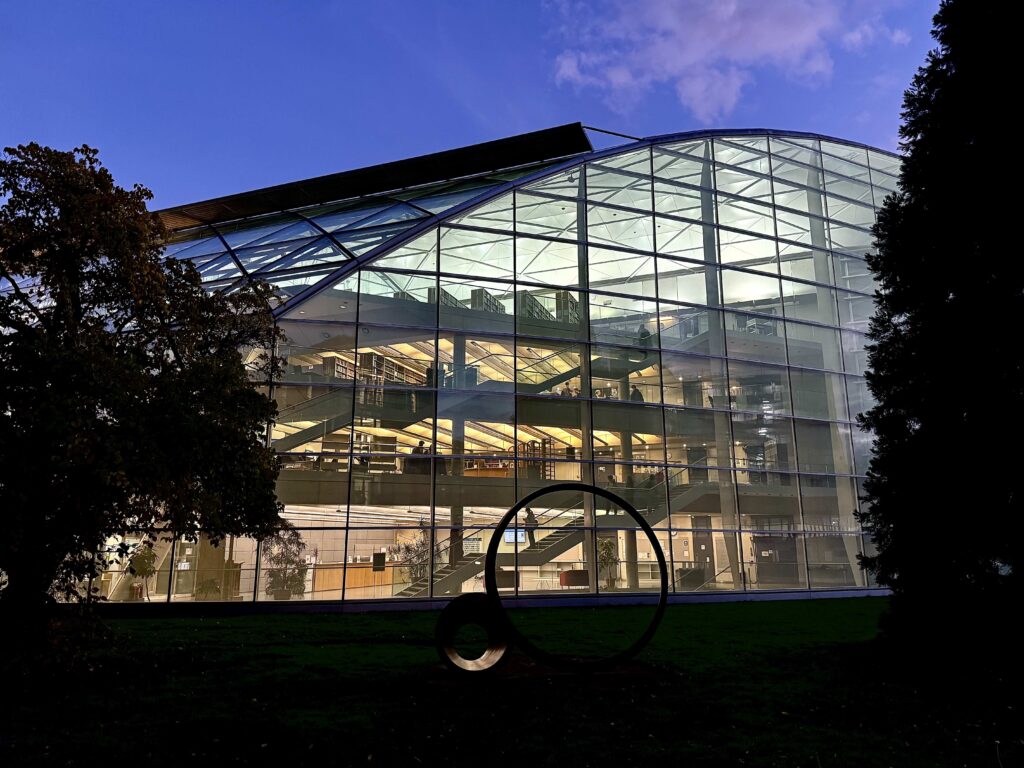
Emerging from our research centre at dusk the other day, I suddenly saw the Law Faculty next door in a new light. As you can guess, it’s a Norman Foster building.
Quote of the Day
”The simple concept is not always the best, but the best is always simple”.
- Heinrich Tessenow
Tessenow was a German architect and urban planner active at the time of the Weimar Republic. Thanks to Niall O’Sullivan for suggesting the quote. Reminds me of my own favourite adage — that “the best is the enemy of the good”, which I used to quote to graduate students who were reluctant to show me their first drafts.
Musical alternative to the morning’s radio news
Handel | Lascia ch’io pianga (Rinaldo) | Voices of Music with Kirsten Blaise
Long Read of the Day
The Simulation is Collapsing
On Friday US Republicans suffered massive defeats in three elections (New Jersey, Virginia, New York). These defeats led Mike Brock to publish this call to arms in which he argues that they shattered a carefully manufactured consensus that authoritarianism was inevitable and that resistance was futile. This “simulation” — sustained through platform control, elite capitulation, and psychological manipulation — has, he says, begun to collapse when it met the reality of lived experience.
It’s a stirring piece of rhetoric, though over-long (IMO). I found it interesting because it challenges the prevailing sense of liberal depression in the US.
Here’s a sample:
The analysts wanted conciliation. They wanted prose, not poetry. They wanted him to understand that Muslims who win elections are supposed to apologize for winning.
Here’s what Mamdani said instead:
“This is not only how we stop Trump; it’s how we stop the next one. So, Donald Trump, since I know you’re watching, I have four words for you: Turn the volume up.”
And then he explained exactly what he meant. Not threats. Not violence. Policy. “We will hold bad landlords to account because the Donald Trumps of our city have grown far too comfortable taking advantage of their tenants. We will put an end to the culture of corruption that has allowed billionaires like Trump to evade taxation and exploit tax breaks. We will stand alongside unions and expand labor protections because we know, just as Donald Trump does, that when working people have ironclad rights, the bosses who seek to extort them become very small indeed.”
This is what they cannot tolerate. Not rudeness. Not divisiveness. Not lack of decorum. Fighting back through democratic power used to break the concentrations that produced Trump in the first place.
The CNN analysts want him to play by rules that no longer exist. To extend courtesy to people threatening to strip his citizenship. To moderate his ambitions so he doesn’t offend sensibilities of people who think Muslims shouldn’t hold power at all. To accept that the price of access to power is agreeing not to actually use it.
But Mamdani didn’t run to access power. He ran to wield it. “To every New Yorker in Kensington and Midwood and Hunts Point, know this: This city is your city, and this democracy is yours too.” Not can be yours if you’re properly deferential. Not might be yours if you moderate your expectations. Is yours. Right now. Through democratic choice exercised despite every dollar spent to prevent it…
You get the gist.
Brock ends on a realistic note. These defeats may turn out to represent a pivotal moment where manufactured consensus met reality and reality won — but only temporarily. The question now is: whether people will recognise their collective power, sustain organised resistance; or whether fear and manufactured despair will rebuild the illusion of authoritarian inevitability.
Books, etc.
Cory’s new book
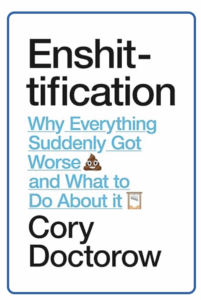
Cory Doctorow, whom I’ve known and admired for decades, is one of the wonders of the online world. In November 2022 he coined a memorable term — enshittification — as a description of what owners of tech platforms do to their platforms and their users over time. To many people’s astonishment — including the staid guardians of mainstream media’s house-style manuals — the term caught on. The American Dialect Society selected enshittification as its 2023 word of the year, and the Macquarie Dictionary named it as its 2024 word of the year.
And now it has an entire book to itself! The reason for its popularity, Cory thinks, “is that it embodied a theory that explains the accelerating decay of the things that matter to us, explaining why this is happening and what we should do about it.
Feedback
Kevin Cryan (Whom God Preserve) dug out the sleeve notes for the album from which Wednesday’s music choice was taken.
SONNY & GREY FUNNEL LINE: Emmylou Harris expressed a wish to sing with Dolores Keane and Mary Black. She felt there was something in the spirit of their singing that she could relate to. It wasn’t so much the words or even the tunes, it was just the feeling that they were coming from the same place as herself. As it transpired, she was right. They met in Nashville, Tennessee, and sang together for the first time. It was here that Sonny and Grey Funnel Line were recorded in February 1990. The musicians for Sonny were Emmylou Harris, Dolores Keane and Mary Black, vocals; Pat Crowley, accordion; Liam O’Flynn and Davy Spillane, uileann pipes; Roy Huskey Jr. bass; Mark O’Connor, fiddle; Emmylou, Dolores and Mary were accompanied by Declan Sinnot for Grey Funnel Line. The recordings took place in Jack Clement’s Studios in Nashville.
The notes were written by twin music polymaths Nuala O’Connor and Phillip King.
This Blog is also available as an email three days a week. If you think that might suit you better, why not subscribe? One email on Mondays, Wednesdays and Fridays delivered to your inbox at 5am UK time. It’s free, and you can always unsubscribe if you conclude your inbox is full enough already!



